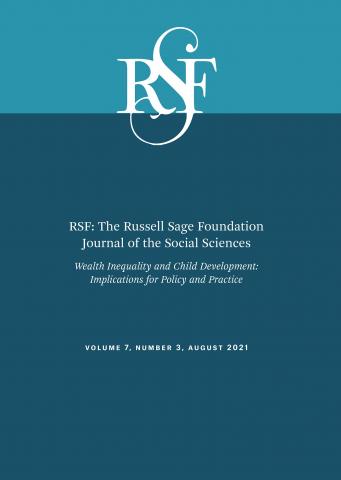
Photo from archive.org
We look at the effect of immigration shocks on native workers in a labor niche by testing how workers in the farm and nonfarm sectors were affected by the establishment… Click to show full abstract
We look at the effect of immigration shocks on native workers in a labor niche by testing how workers in the farm and nonfarm sectors were affected by the establishment of Russian Jewish agricultural colonies in southern New Jersey in the late nineteenth century. By following the same individuals across the 1880 and 1910 U.S. censuses, we avoid making assumptions about the substitutability of immigrants and native workers. Many native workers improved their occupational standing by transitioning to occupations complementary to agricultural and semiskilled factory work, the immigrants’ main niches. We see no impact on farmers, probably owing to the structure of agricultural markets. We also find a decreased probability of out-migration for natives living near an agricultural colony, with occupational upgrading concentrated among stayers.
Journal Title: RSF
Year Published: 2018
Link to full text (if available)
Share on Social Media: Sign Up to like & get
recommendations!